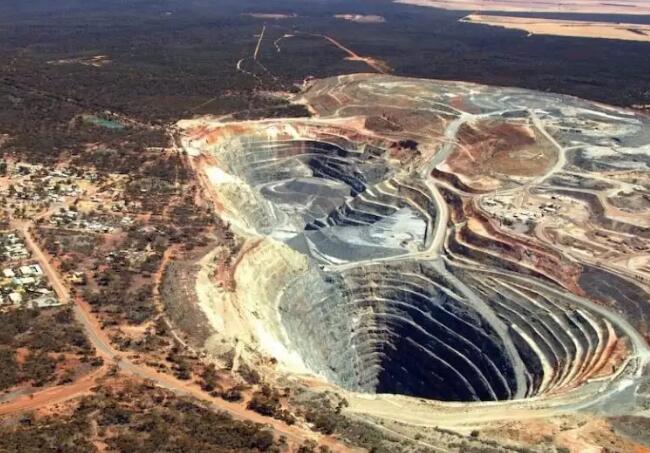"Eyes on China, India signed the first overseas lithium mining agreement, involving five mining areas in Argentina." According to the "Times of India" reported on the 15th, India's state-owned mining enterprise KABIL announced with Argentina's state-owned enterprises signed a cooperation agreement, will jointly explore and mine the five salt lake brine type lithium mine located in Argentina's Catamarca province. According to the agreement, the Indian side will invest a total of 24 million U.S. dollars.
According to India's "Economic Times", India is vigorously promoting new energy transportation, electronic equipment manufacturing and other emerging industries, the demand for lithium is very high. However, most of India's lithium imports are in the form of finished lithium batteries, and the vast majority of lithium batteries imported from China. Indian media mentioned, India and Argentina this agreement is in India to join the U.S.-led "mineral security partnership" in the context of the agreement, aimed at strengthening the key mineral supply chain to reduce dependence on Chinese products. According to AFP, India's lithium imports are rising, with imports totaling 33 million U.S. dollars in the 2022-2023 fiscal year, more than 2/3 of which are imported from China. The Times of India believes that India's signing of the overseas lithium mining agreement is a move to start seeking key minerals overseas to weaken China's control over key elements of the energy transition.

In order to improve India lithium battery supply chain diversification, the Indian government in recent years launched a number of industrial policies, strong support for investment in India's local construction of lithium battery production plant. The Indian government has also stepped up its efforts to identify lithium reserves in the country and explore the development of its own resources.2023 In February, India identified a large lithium mine in the disputed Kashmir region with Pakistan, with total reserves reportedly as high as 5.9 million tons. At the same time, India set up a state-owned mining enterprise KABIL, actively seeking to purchase overseas rare metal mining assets. Especially after the global lithium prices fell sharply in 2023, India's domestic lithium resources development costs are high, the lack of comparative advantage, KABIL accelerated with Australia, Bolivia and Argentina and other countries mining enterprises in close contact.
According to the U.S. Consumer News and Business Channel reported that Argentina has 21% of the world's proven lithium reserves, much higher than the same South American country Chile's 11%, and most of the lower cost of mining salt lake brine lithium ore. But at present, Chile's annual lithium production accounted for 26% of the world's total output, while Argentina accounted for only 6%. Some analysts believe that with the end of the election in Argentina, the future of the economy if there is hope for stabilization, or will become the new largest lithium resources.
For the western countries to promote in the key mineral field to reduce the dependence on China, China's foreign ministry has responded that China has always believed that the key mineral resource countries should play a positive role in guaranteeing the security and stability of the supply chain of the relevant industrial chain, and jointly undertake the responsibility of the global supply of minerals to ensure that the relevant economic and trade cooperation is carried out normally. At the same time, the world economy should not be politicized, instrumentalized and weaponized to undermine the stability of the global industrial chain supply chain and impact the existing world economic system. China will continue to participate deeply in the global industrial division of labor and cooperation and maintain a diversified and stable international economic pattern and economic and trade relations.




